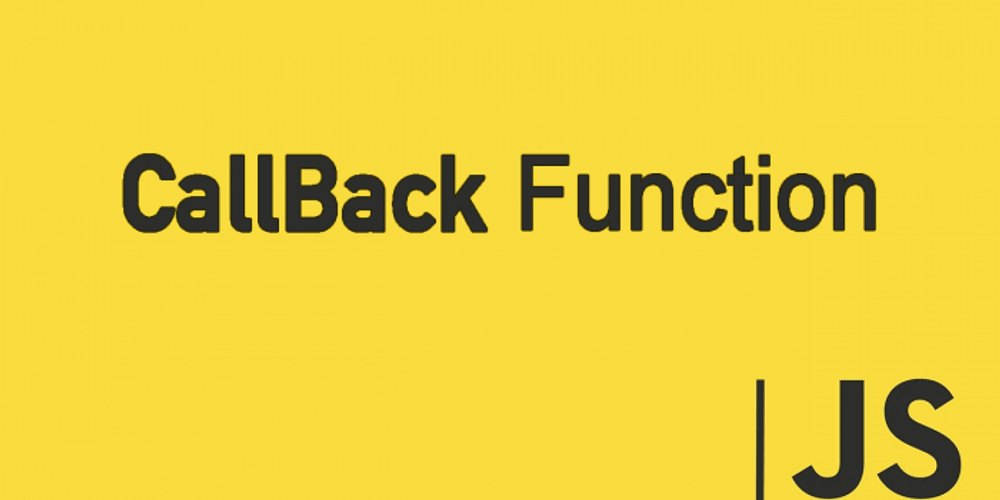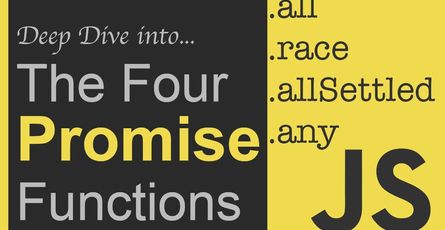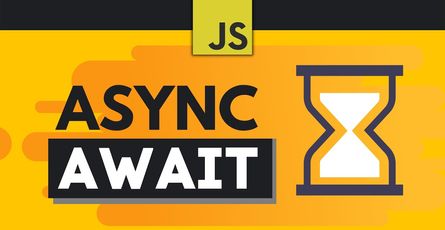Javascript Series: What is a Callback?
-
 Samuel Dang
Samuel Dang
- June 12, 2023

Callback is an important concept in JavaScript that allows us to work with asynchronous code and handle events efficiently. Understanding callbacks is essential for writing effective and flexible JavaScript code. In this article, we will explore what callbacks are, how they work, and common use cases for callbacks.
What is a Callback?
A callback is a JavaScript function that is passed as a parameter to another function and is invoked during the execution process. When an asynchronous task completes, the callback function is called to handle the result or future outcome of that task. Callbacks ensure that asynchronous tasks are executed in the correct order and prevent blocking of code execution.
Using Callbacks
The most common use of callbacks is in asynchronous tasks such as reading files, making AJAX network requests, or handling events. Through callbacks, we can perform necessary actions after the completion of asynchronous tasks.
For example, in the following code snippet, we use a callback function to handle the result of an AJAX network request:
function fetchData(url, successCallback, errorCallback) {
// Send an AJAX network request to the URL
// On completion, invoke the corresponding callback function
// Assuming the request is successful
const response = { status: 200, data: 'Data from the request' };
if (response.status === 200) {
successCallback(response.data); // Invoke the success callback
} else {
errorCallback('Request failed'); // Invoke the error callback
}
}
function handleSuccess(data) {
console.log('Data received:', data);
}
function handleError(error) {
console.log('Error:', error);
}
fetchData('https://api.example.com/data', handleSuccess, handleError);In the above example, the fetchData function sends an AJAX network request, and upon completion, it invokes the handleSuccess function with the received result. This way, we can handle the received data in the handleSuccess function flexibly.
Benefits of Callbacks
Using callbacks in JavaScript offers several benefits, including:
-
Handling asynchronous tasks: Callbacks allow us to work with asynchronous tasks like network requests and database operations efficiently.
-
Avoiding blocking code: Callbacks help avoid code blocking when executing time-consuming tasks, ensuring that the code continues to run smoothly.
-
Flexibility: Callbacks enable us to pass functions into other functions, opening up possibilities for building flexible and reusable code.
Conclusion
Callback is an important concept in JavaScript that allows us to work with asynchronous code and handle events efficiently. By using callbacks, we can handle asynchronous tasks flexibly and ensure that our code continues to run seamlessly. Understanding callbacks is a crucial step toward becoming a proficient JavaScript developer.


